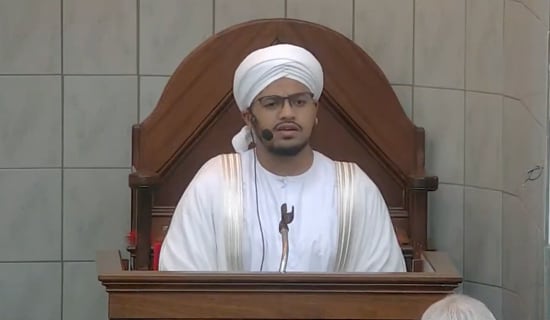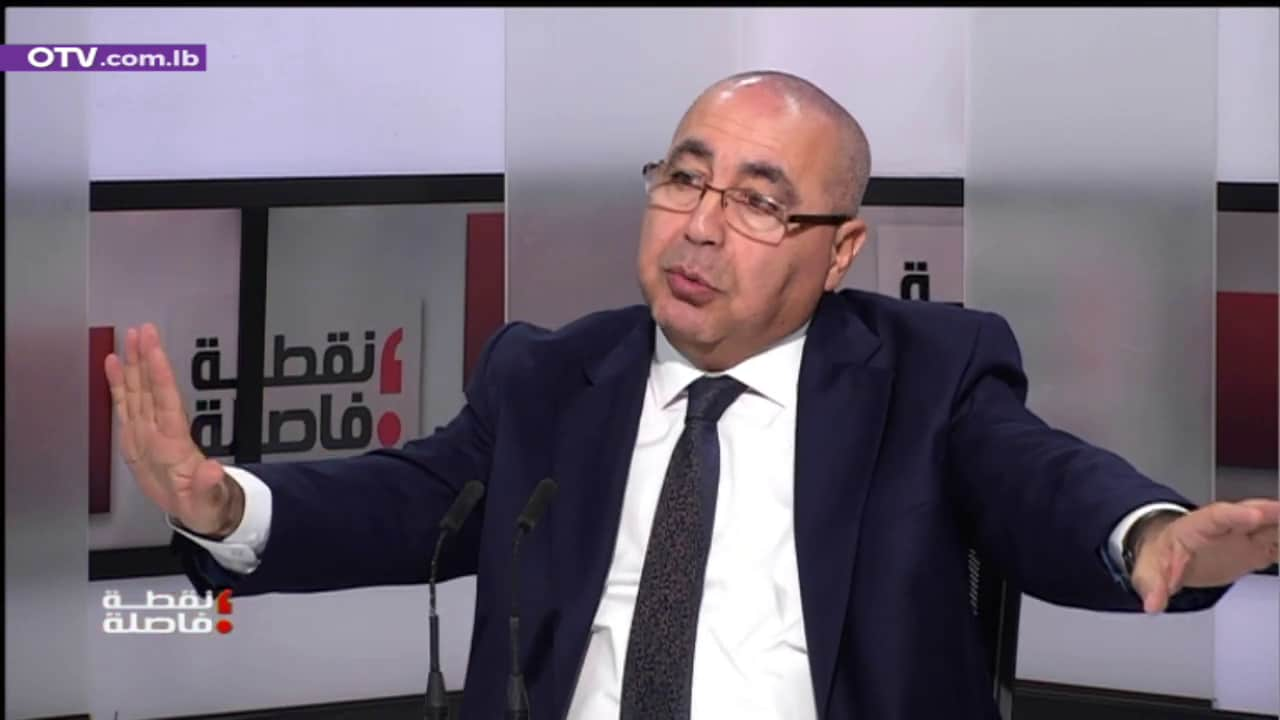
Atheel Al-Nujaifi, governor of Iraq's Nineveh Province, said, in a TV interview following his fleeing Mosul, that 80% of the army and the Iraqi police force in Nineveh had deserted even prior to the fall of Mosul into ISIS hands. "ISIS can be fought only by the Sunnis," Al-Nujaifi said, in the June 19, 2014 interview on Russia Today's Arabic TV channel. "The Shiites cannot fight ISIS, which will resort to sectarianism as a weapon against the Shiites."
Following are excerpts:
Atheel Al-Nujaifi: The Iraqi army did not flee on the day [Mosul fell]. The desertion rate from the army and the Iraqi police force in Nineveh had reached 80% even prior to these events.
A few days beforehand, I visited one of the military regiments. An Iraqi regiment generally comprises 500 soldiers. When I visited one of the regiments, I saw that there were only 40 people there. Instead of 500 soldiers, there were only 40. How is this regiment expected to fight with only 40 soldiers?
Interviewer: What were the reasons behind the soldiers' desertion? Was it because they were expecting attacks, because they were dissatisfied with their commanders' orders, or did they simply lack conviction? Perhaps there were reasons behind this organized desertion.
Atheel Al-Nujaifi: There was a tense atmosphere. The Iraqi army acted in a sectarian way in Mosul. They tried to extort people. Many innocent civilians were arrested, and had to pay money for their release. People accused of real terrorism could easily buy a deal and be acquitted and released. It is the innocent people who languish in prison. People would be humiliated at checkpoints, on a sectarian basis.
This tense atmosphere has generated rejection, and the soldiers were not welcomed in Mosul.
[...]
The number of ISIS members entering Mosul did not exceed 1,000, but they did not encounter any opposition.
[...]
We can easily fight ISIS, but it won't be easy for us to fight the people of Mosul. That is why I believe that things have become a bit complicated, and we must wait a while until things become clearer, and people realize that ISIS is one thing and getting rid of Al-Maliki is another.
[...]
We are trapped between ISIS and the Shiite militias. It is as if they are saying to us – the moderates who want to live in peace: You have no place in this new order.
Support must be provided for the moderates, for the people who can fight both ISIS and the extremist Iraqi militias, because, in my opinion, ISIS can be fought only by the Sunnis. The Shiites cannot fight ISIS, which will resort to sectarianism as a weapon against the Shiites.
[...]
ISIS should be fought under a Sunni, not a Shiite, umbrella. Secondly, the Sunnis must regain their true clout in Iraqi political decision-making. The alternative to forging such a balance is more Sunni radicalism.
Iran knows that Sunni radicalism is a very serious problem. The Sunnis are in the majority worldwide, while the Shiites are in the minority. I can't believe that Iran will ever want to appear to be fighting all of the Sunnis.
[...]













